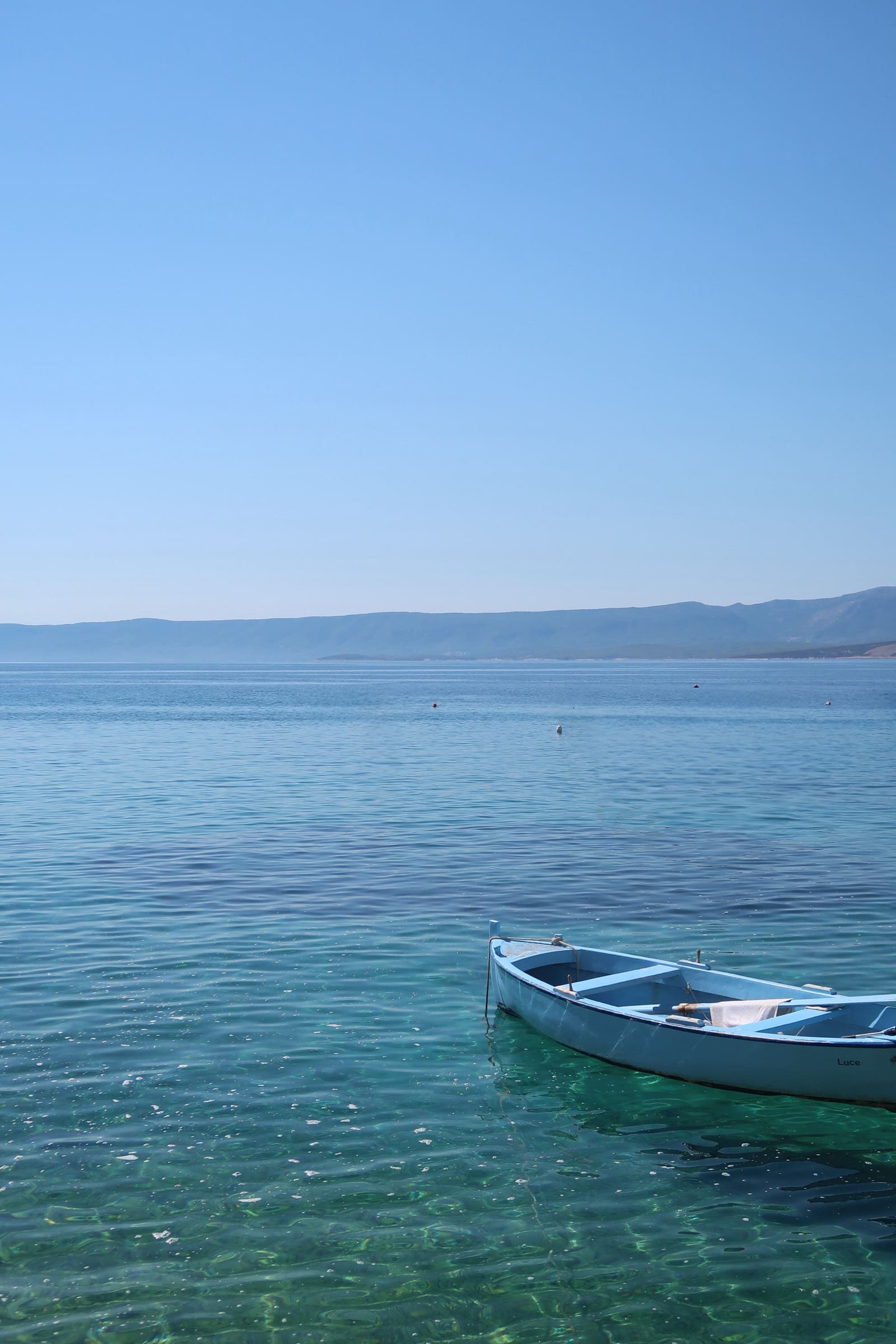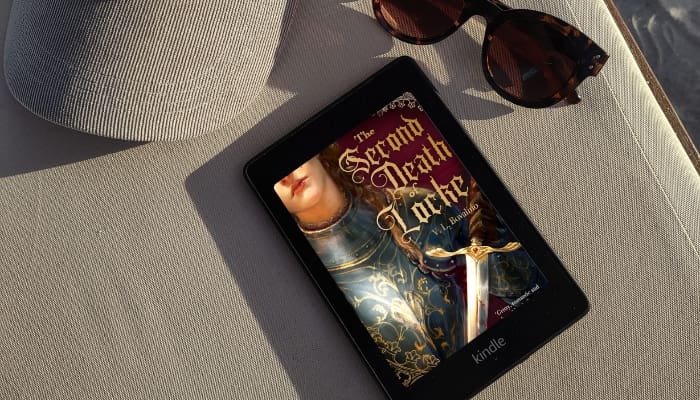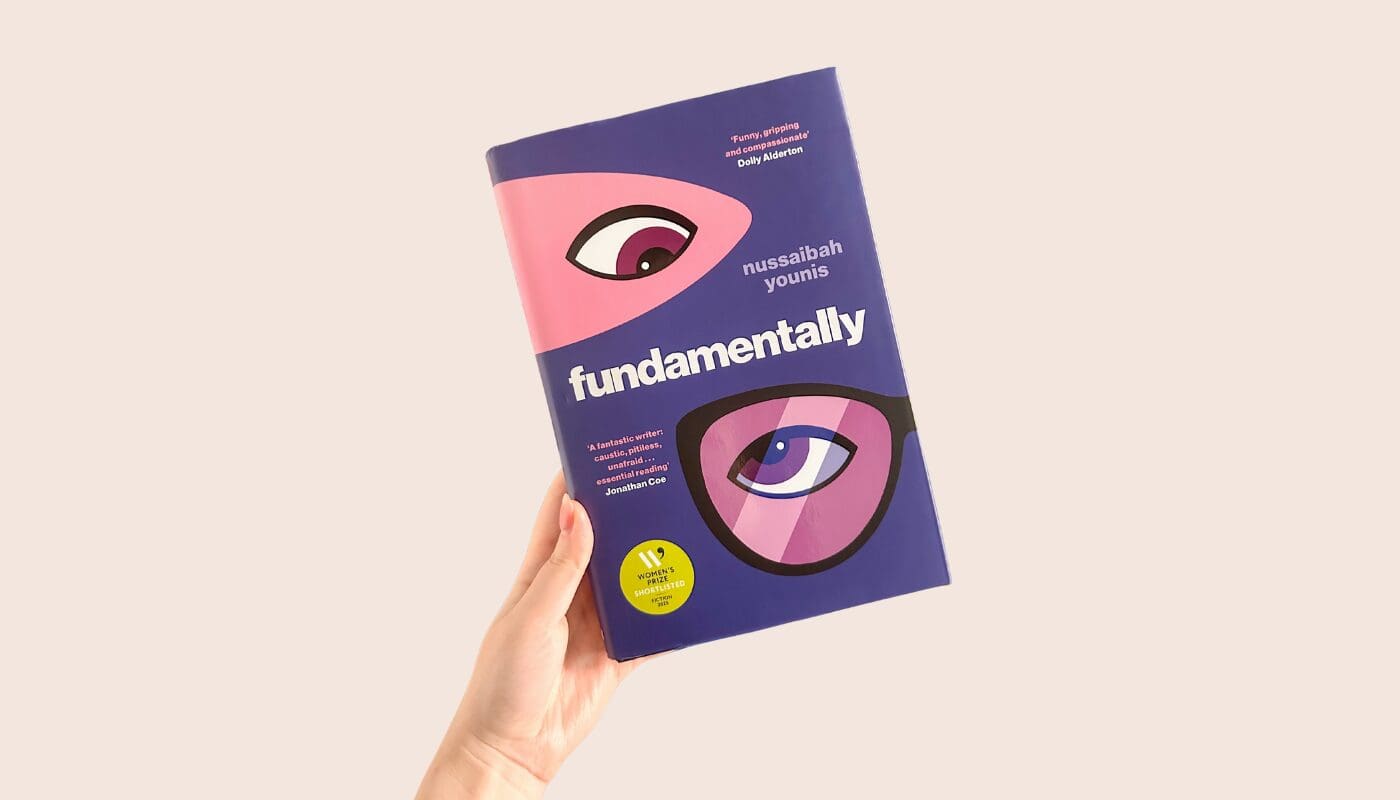I went into The Adventures of Amina al-Sirafi by Shannon Chakraborty expecting a swashbuckling adventure, morally grey pirates, dark magic, and high-seas tomfoolery. Chakraborty gave me all that and then some!
Here are my thoughts:
BLURB
A pirate of infamy and one of the most storied and scandalous captains to sail the seven seas.
Amina al-Sirafi has survived backstabbing rogues, vengeful merchant princes, several husbands, and one actual demon to retire peacefully with her family to a life of piety, motherhood, and absolutely nothing that hints of the supernatural.
But when she’s offered a job no bandit could refuse, she jumps at the chance for one final adventure with her old crew that will make her a legend and offers a fortune that will secure her and her family’s future forever.
Yet the deeper Amina dives the higher the stakes. For there’s always risk in wanting to become a legend, to seize one last chance at glory, to savour just a bit more power…and the price might be your very soul.
This review contains spoilers. If you’ve not read The Adventures of Amina al-Sirafi yet, please use the table of contents below to skip to the last chapter of this post (spoiler free).
My review of The Adventures of Amina al-Sirafi (Spoilers)
This is a story of one woman’s determined quest. She’s survived backstabbing rogues, wed and had a child with one actual demon, and now an old comrade’s obscenely wealthy mother offers Amina al-Sirafi a final chance at adventure: to uncover the mystery behind a girl’s disappearance.
What I loved
Amina al-Sirafi: A pirate, a mother, a woman who still yearns
I absolutely loved Amina. She was an entertaining character with a storied and scandalous career. Amina was smart, fierce, and funny throughout the swashbuckling adventure, and I liked that she was older than your usual fantasy anti-heroine (finally).
Reading from her perspective reflects a life thoroughly lived. She’s been through love, trauma, loss, motherhood, faith, betrayal, and notoriety, but she’s still standing.
What connected me to Amina’s character the most was the way Shannon Chakraborty explores the emotional complexity of motherhood. The idea that when you become a mother you should put almost everything that makes you you on hold is nothing new, but it is the greatest crime if you do not.
That sense of leaving behind an integral part of your identity for the sake of something you love more than life itself—your child. You’re more than happy to do it, and you don’t regret it one bit, but that doesn’t erase the quiet yearning for who you were before.

My ‘old’ identity wasn’t anywhere as exciting or dangerous as Amina’s, of course. But, as a mother, I really connected with her story.
Amina isn’t a tragic mother or a martyr, and nor am I. She’s a woman who wants to protect her child above all else, and remember who she used to be. But how can she have both? Being a notorious nakhuda and a protective mother doesn’t exactly marry up. This tension bleeds into every decision she makes.
This is also something that rang true for me. There’s not one second of the day where my daughter isn’t on my mind, and there’s not one decision I would make without thinking of her first.
“For while the pious claim money doesn’t buy happiness, I can attest from personal experience that poverty buys nothing.”
amina al-sirafi
Found family trope
I’m a sucker for the found family trope. During the first 40% of the book, we follow Amina al-Sirafi as she tracks down old friends. Notorious pirates in their own right, Tinbu, Dalila, and Majed are messy, loyal, and often bickering, which made them feel like real people with real history.
Every reunion felt heavy with unspoken feelings, betrayals, and shared pasts. I loved that they weren’t perfect. I loved that they questioned Amina’s decisions, a true sign of trust and comfort within a friendship. Her old comrades were reluctant, and each of them had their own baggage.
Majed was a standout for me. He grounded Amina. He balanced the chaos with his calm, often presenting as a voice of reason when things got tricky.
A world and religion completely different from my own
Set in the 12th century and upon the Indian Ocean, the world building really stood out to me. Deeply rooted in Islamic culture and tradition, Shannon Chakraborty masterfully wove these threads through every layer of the story.
They weren’t over-explained or made into spectacle — they just were. The religion and culture were written in a way that brought the world to life and made the people feel real. Chakraborty gave the book a strong, grounded sense of identity, and I adored being swept up in a world so different from my own.

On a side note, I made the mistake of scrolling through some one-star Goodreads reviews (never wise, I know). I saw several reviewers complaining about the Islamic terminology — saying it was too complex, overused, or made the book hard to understand. And honestly, I found the ignorance infuriating. To expect an author to explain every cultural or religious detail, just in case us non-Islam/Western readers might not get it? And then to punish the book and author for not doing that?
Fair enough if The Adventures of Amina al-Sirafi wasn’t your thing, but rating one star because of the ‘confusing terminology’? Your privilege is loud. If you’re capable of using Goodreads, you’re more than capable of spending ten seconds googling what Mecca or a djinn is. I did, and then I understood the book just fine. It’s not complicated — it’s just not tailored to you, for once.
Anyway…
Themes of Identity and Loss
Beyond the plot, every book has an underlying theme or message. In the case of The Adventures of Amina al-Sirafi, one of the most powerful themes for me was identity.
Amina is haunted by the person she used to be. Not in a tragic kind of way — but in that quiet, grown-up way where you realise your world has changed, and you still haven’t caught up so you don’t quite know where you belong anymore.
Where we first meet Amina al-Sirafi, she’s a mother trying to stay alive and do right by her daughter. But she also misses the woman she was — a wild, ruthless, and unburdened nakhuda aboard the Marawati. She’s torn between those two selves. And that push-pull is so human.

Shannon Chakraborty could have made such an obvious choice to end the novel with Amina retiring peacefully. Instead, the author left space for Amina to continue exploring piracy as a mother in the sequels.
Although I would’ve preferred if Amina, the character and not the author, had to make the choice herself. I think the internal conflict of coming to such a decision would’ve made for a more interesting end. Instead, the Peris force Amina to continue solving ancient mysteries in her search for magical artifacts.
But, either way, there’s no neat resolution, and that felt honest. Identity isn’t something we fix. It’s something we live with, shift, mourn, and rediscover.
What could’ve been better
The Side Characters
While I loved the concept of Amina al-Sirafi bringing her old crew back together and the found family trope, I felt that some side characters lacked depth.
Dalila had a unique and interesting personality, but I would’ve loved to see more about her beyond her history with Amina. Especially as what we gleaned about her life before the Marawati sounded interesting. A poisoner trained and subsequently banished by the Banu Sasan?
I suppose it was difficult for Shannon Chakraborty to give us insight since the story is told from Amina’s perspective and Dalila is a secretive character. But even just seeing Dalila’s walls come down or her mask slip ever so slightly would’ve given us more to connect with.
Tinbu I didn’t feel for. I don’t really know much about him or his personality. Was he smart, a fierce warrior? I’ve no idea. He fell flat compared to the rest of the Marawati crew, but I’m holding out hope for him in the sequel.

As for Dunya/Jamal, I liked him. I loved the twist at the end where we learn the scribe is Dunya, a while after he stepped into his true identity as Jamal. But I need to see more of his personality to connect with him more deeply.
“For this scribe has read a great many of these accounts and taken away another lesson: that to be a woman is to have your story misremembered. Discarded. Twisted.”
jamal al-hilli
There were 2 exceptions
I loved Majed. He was strong, though more gentle than Amina and the rest of the crew. I think the reason I might’ve connected with him more was because he had a stronger introduction than the others. I immediately warmed to him upon seeing his happy life after the Marawati, his attempts to ‘straighten out’, and meeting his wife and children.
Maybe I’m unhinged, but I also really liked Raksh. Being an actual demon (though Raksh would argue otherwise), he had an interesting story and brought about many comical moments in the book. Honestly, who would’ve thought a demon-not-demon would be such a terrible warrior? He was manipulative and self-serving, yet in the next breath he was naive and cowardly. He was full of contradictions and fully subverted any expectations I might’ve had of a demon-not-demon. All in all, I loved him.
That ending… and the payment unfulfilled
This one bothered me.
Amina goes through hell to save Dunya. She takes on this job at the ‘request’ of Sayyida Salima, risking everything for the promise of unimaginable wealth — specifically to give her daughter a better future. That motivation felt grounded and urgent, and was something I could see myself doing for my daughter.
But when Amina finds Dunya, who chooses not to return home, Salima doesn’t pay up. And Amina al-Sirafi, one of the most notorious pirates upon the Indian Ocean who is now blessed magical powers of her own just… accepts it.
Pardon me?
Sure, Amina has grown. Sure, she values her family and her crew more than gold, but it still felt odd that she barely reacts.
“For the greatest crime of the poor in the eyes of the wealthy has always been to strike back. To fail to suffer in silence and instead disrupt their lives and their fantasies of a compassionate society that coincidentally set them on top. To say no.”
Amina al-sirafi
This was about her daughter. It was about a leaky roof that she could never repair no matter how much she tried. I needed something more than a shrug and slight happiness that at least she had enough to pay her crew. WHAT ABOUT MARJANA, AMINA?!
Did she fix the leaky roof? Was she able to give her daughter and mother at least something to make their life easier? We don’t know. I understand that Amina just wanted to get home, but it didn’t seem consistent with her character.
My review of The Adventures of Amina al-Sirafi (summary, no spoilers)
The Adventures of Amina al-Sirafi is a fun adventure. It’s funny, sharp, emotional, and quietly moving in the way all good books are. It’s a pirate story, yes. But it’s also about being a woman with a checkered past, motherhood and mum guilt, and dreams and desires that never really go away.

It’s thoughtful without being heavy. Magical without losing emotional truth. And it’s filled with moments that deepened my connection to the main character.
I adored it, and I’ll absolutely be reading the sequel because I need more of Amina al-Sirafi and the Marawati crew in my life. I need to know where her story goes next — gold or no gold.
While I wait, I will certainly dive into the Daevabad trilogy, also written by Shannon Chakraborty. I read somewhere that it’s set in the same world as The Adventures of Amina al-Sirafi!
The Adventures of Amina al-Sirafi by Shannon Chakraborty
★★★★★
Rating: 4.5/5
So close to a five star, but had to deduct 1/2 because I didn’t connect with many of the side characters.
Still, this swashbuckling adventure following the Indian Ocean’s most notorious nakhuda was a hoot and I’m very excited for the sequel coming in 2026.
*Not affiliate links*

If you’re looking for a pirate romantasy book, check out my thoughts on Daughter of the Pirate King by Tricia Levenseller.
Leave a Reply
Recent entries





Be the first to comment